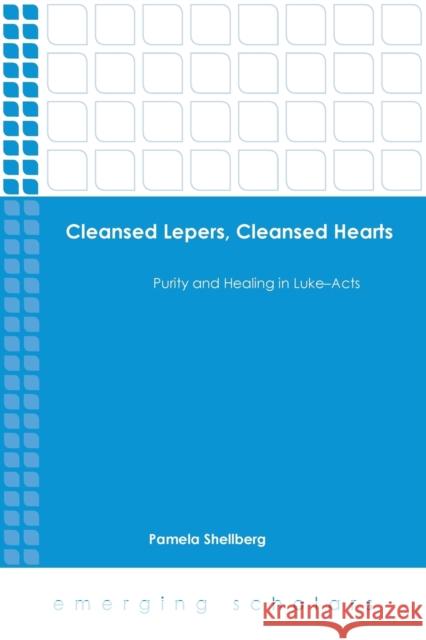Cleansed Lepers, Cleansed Hearts: Purity and Healing in Luke-Acts » książka
Cleansed Lepers, Cleansed Hearts: Purity and Healing in Luke-Acts
ISBN-13: 9781451485240 / Angielski / Miękka / 2015 / 270 str.
Cleansed Lepers, Cleansed Hearts: Purity and Healing in Luke-Acts
ISBN-13: 9781451485240 / Angielski / Miękka / 2015 / 270 str.
(netto: 235,26 VAT: 5%)
Najniższa cena z 30 dni: 248,40
ok. 16-18 dni roboczych
Bez gwarancji dostawy przed świętami
Darmowa dostawa!
Illnesses are perceived and understood differently across cultures and over time. Traditional interpretations of New Testament texts frame the affliction lepra ("leprosy") as addressed either by ritual cleansing or miraculous healing. But as Pamela Shellberg shows, these interpretations are limited because they shift modern ideas of "leprosy" to a first-century context without regard for how the ancients themselves thought about lepra. Reading ancient medical texts, Shellberg describes how Luke might have perceived lepra and used the language of "clean" and "unclean" and demonstrates how Luke's first-century understandings shaped his report of Peter's dream in Acts 10 as a warrant for Gentile inclusion. Shellberg illuminates Luke's understanding of "cleansing" as one of his primary expressions of the means of God's salvation and favor, breaking down and breaking through the distinctions between Jew and Gentile. Shellberg's conclusions take up the value of Luke's emphasis on the divine prerogative to declare things "clean" for discussions of inclusion and social distinction today.











